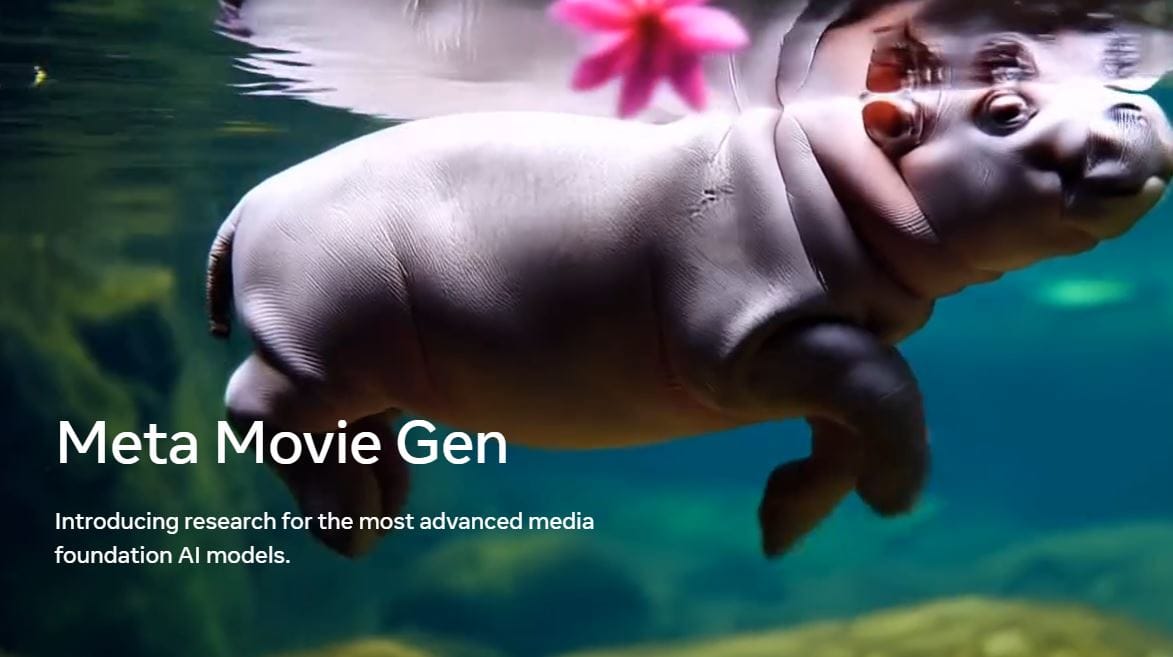a world where everyone could only have sex once in their lifetime. This idea might seem straight out of a sci-fi novel, but let’s consider what it could mean for society. It’s a fascinating concept that raises many questions about relationships, societal norms, and personal choices.
Would Relationships Be More Meaningful?
One of the first questions that comes to mind is: Would relationships be more meaningful if sex was a one-time event? The idea here is that if you could only have sex once, people might put more thought into choosing their partner. It might lead to deeper connections and more meaningful relationships. But, would it also add pressure and anxiety?
How Would This Impact Marriages?
Would marriage become more important? In many cultures, sex and marriage are closely linked. If sex was a one-time event, marriage might become an even more significant milestone. People might wait until they find “the one,” leading to potentially fewer divorces. However, it could also result in rushed decisions to ensure that one chance isn’t missed.
What About Reproduction?
Another critical question is: How would this affect reproduction? If everyone could only have sex once, planning for children would be a major concern. Couples would need to be incredibly deliberate about timing, potentially leading to advanced family planning techniques and maybe even new societal structures to support child-rearing.
Would Society Change Its Views on Sex?
Would societal views on sex change? In a world where sex is a once-in-a-lifetime event, it might become sacred and even more personal. It could shift cultural attitudes towards sex, making it less of a casual act and more of a significant life event. This change might reduce the objectification of sex in media and advertising, leading to a society with a different set of values.
The Pressure to Get It Right
Would people feel pressured to make their one-time perfect? With only one opportunity, the pressure to make it memorable and special would be immense. This could lead to increased stress and anxiety about the experience. It might also foster a culture of education and preparation to ensure that when the moment comes, it is as perfect as possible.
Psychological Effects
What would be the psychological effects of this restriction? Limiting sex to once in a lifetime could have profound psychological impacts. For some, it might enhance the experience, making it something to look forward to and cherish. For others, it could cause frustration, regret, or even resentment if the experience doesn’t meet expectations.
How Would Society Handle Unplanned Circumstances?
What about unplanned circumstances, like infertility or accidents? In a world with this restriction, dealing with unplanned events would be crucial. Medical advancements might focus on ensuring that everyone gets their one chance without complications. Society might also develop support systems for those who face such challenges, ensuring they are not left behind.
Would There Be a Black Market for Sex?
Would a black market for sex emerge? The restriction could lead to underground markets where people seek ways to circumvent the rule. This could create new legal and ethical dilemmas. Governments might implement strict regulations and monitoring systems to prevent such activities, leading to debates about privacy and personal freedom.
The Role of Technology
How would technology play a role? Advances in technology might offer alternatives or enhancements to the once-in-a-lifetime event. Virtual reality, for instance, could provide simulated experiences that some might find fulfilling. Biotechnology could also evolve to offer solutions for reproductive planning without the need for traditional sex.
Conclusion
In conclusion, the idea of having sex only once in a lifetime opens up a myriad of questions and possibilities. It could lead to more meaningful relationships, a shift in societal values, and significant psychological impacts. While it’s a hypothetical scenario, exploring these questions helps us understand the profound role sex plays in our lives and society.
Such a world would require careful consideration of personal choices, societal norms, and technological advancements to navigate the complexities of human relationships and reproduction.






